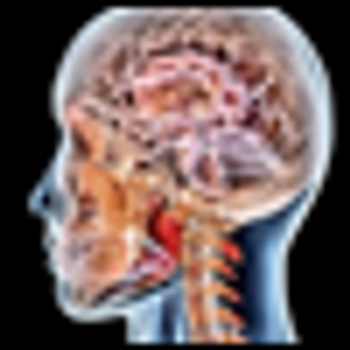
Over half of the population is exposed to at least one lifetime traumatic event, yet relatively few of those exposed have lasting psychiatric sequelae. As psychiatrists, we attend to the needs of those who suffer.

Over half of the population is exposed to at least one lifetime traumatic event, yet relatively few of those exposed have lasting psychiatric sequelae. As psychiatrists, we attend to the needs of those who suffer.

Psychiatrists need to understand how living in violent families and neighborhoods increases the likelihood of trauma and the psychiatric sequelae associated with it as well as how to respond in the aftermath.

When attempting to incorporate resilience-building strategies into practice, it is worthwhile to note that resilience is a dynamic concept in which successful coping may mean a mixture of major real-life successes in the context of continuing difficulties.

Historically, there has been conflict between psychiatry and religion.

The humanities are a variety of academic disciplines that focus on the human condition with analytic and sometimes speculative methods. This is in contrast to the empirical methods of the natural sciences.

Bringing the arts and humanities to psychiatry requires bringing these areas of study into our education, our research and our practice models.

Shakespeare's understanding of the human condition miraculously transcends his culture, time, and place.

The role of prevention of trauma and prevention of functional impairment after trauma is paramount, because this may disrupt the accumulated physiological and psychological effect of stressors in the individual.

Assessments of partial culpability of adolescents are difficult in individual cases; however, the courts are moving away from mandatory sentencing to individual determinations, even for the most heinous crimes.

Traumatic brain injury (TBI) in children and adolescents is a major public health problem. Psychiatrists have a crucial role in the management of young persons who have a TBI.

Child and adolescent psychiatry is in a position to inform the entire practice of general psychiatry in numerous other areas, including mood disorders, ADHD, and psychosis, as well as the topics...

Psychotherapy outcomes and the mechanisms of change that are related to its effects have traditionally been investigated on the psychological and social levels, by measuring changes in symptoms, psychological abilities, personality, or social functioning.

Childhood and adolescent bullying-and, recently, cyberbullying-is a major public health problem with potentially devastating consequences. In any prevention effort, students need hope and to learn the skills to end the abuse, as described here.

The team approach to dementia psychiatry services requires leadership for direction, decision making, and policy changes in order to make the process efficient and beneficial for all involved.

Psychiatrists helping nonpsychiatrists refer their patients has a long but not always illustrious history.

Although acute pain typically resolves on its own with little need for intervention, for some persons pain persists past the point where it is considered an adaptive reaction to injury.

It is not surprising that one of the most complicated aspects of collaboration with faculty and staff in the ED setting is the professional or social contract.

What Every Psychiatrist Needs to Know to Be Prepared

Decreasing the Clinician’s Risk

Keys to diagnosis, assessment, and management.

An overview of the critical issues involved in overcoming personal and organizational barriers to help substance abusers quit smoking.

Over the past century, the syndrome currently referred to as ADHD has been conceptualized in relation to varying cognitive problems including attention, reward response, executive functioning, and other cognitive processes.

Any person who once “drew a blank” during an exam is familiar with the horrors of cognitive difficulties: that terrible moment is for most of us so rare that it remains a traumatic memory for years to come. Imagine those who suffer from protracted cognitive difficulties.

Subjective complaints of impaired concentration, memory, and attention are common in people with major depressive disorder (MDD), and research shows that a variety of structural brain abnormalities are associated with MDD.1 These findings have intensified the interest in quantitative assessment of cognitive and neuropsychological performance in patients with mood disorders. Many studies that used standardized cognitive tests have found that mild cognitive abnormalities are associated with MDD and that these abnormalities are more pronounced in persons who have MDD with melancholic or psychotic features

Many people assume that it is the emotional and psychotic symptoms that make it difficult for a person with schizophrenia to function in everyday life. In fact, research indicates that cognitive impairment is a major reason why functional outcome is so poor.1

We need to have a framework to make certain that our interventions are balanced, safe, and a function of the existing evidence.